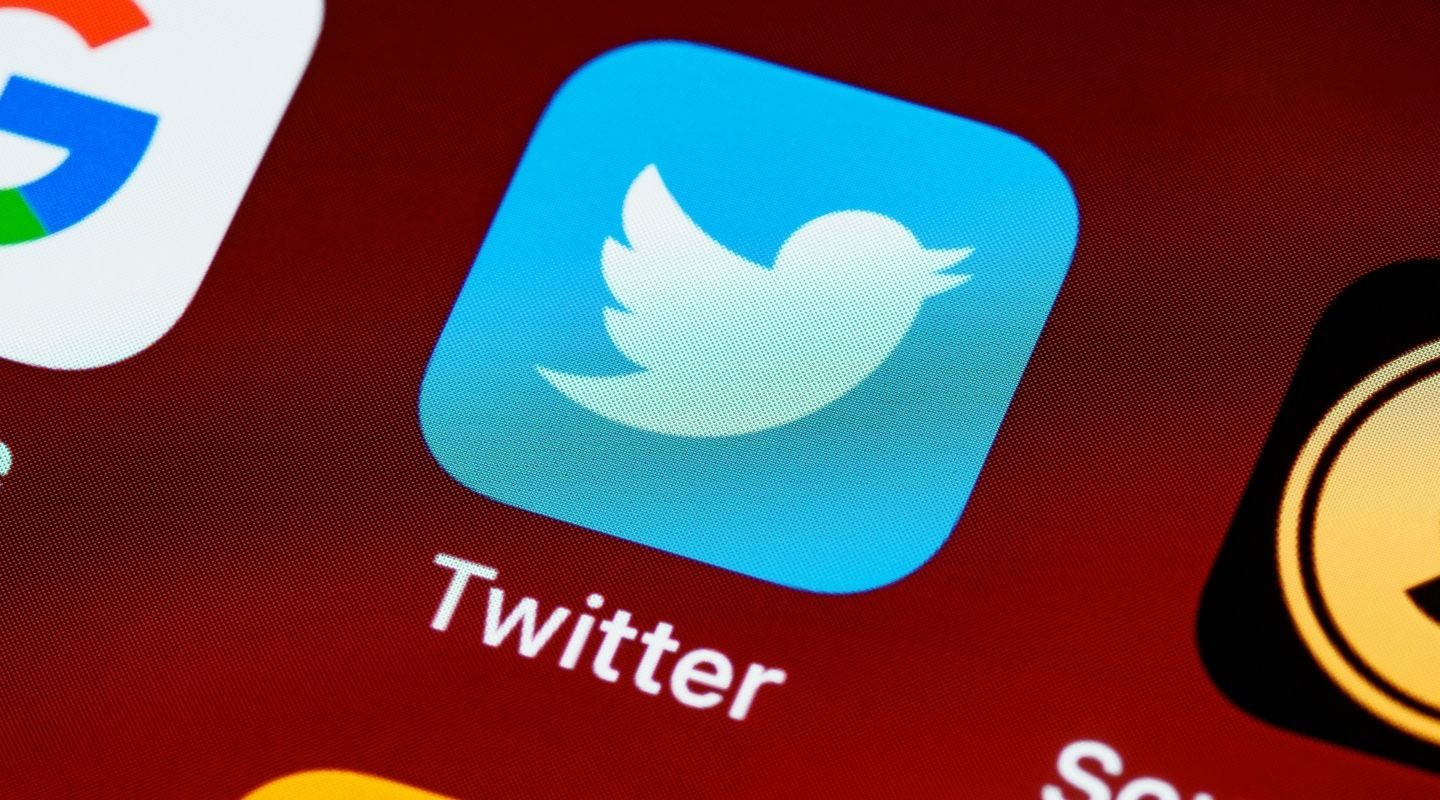Twitter has always been a place for a spirited discussion of the day’s top news items. But, one particular story has dominated the agenda and has been trending all week: Elon Musk’s takeover of the social media giant.
Musk has described Twitter as the “digital town square where matters vital to the future of humanity are debated”. He’s also confirmed he believes free speech is the “bedrock” of a functioning democracy. Due to this, experts are predicting exactly how Elon Musk may change Twitter so he can unleash its “tremendous potential”. From loosening content rules to allowing suspended accounts to return and banning adverts from the platform entirely, there are a number of steps he can take to improve the platform.
However, away from everyday changes he can make for the day-to-day user, he has suggested one incredibly ambitious and revolutionary change that has caught our attention: open-souring the Twitter algorithm.
What would Twitter’s open-source algorithm mean?
Back in March, Elon Musk asked his 86m followers whether Twitter’s algorithm should be open source. More than 1m people responded to his poll, with 82.7% saying ‘yes’.
As part of his takeover plan, Mr Musk has already laid out big plans for Twitter, including a pledge to make the company’s content policing algorithm open source in the name of transparency.
If the algorithm is opened up, users will be able to see exactly how content is prioritised and seen. Users will also be able to see how Twitter ranks different tweets, how it distributes content to other users and what factors increase or reduce the visibility of a tweet or a user.
Although open-sourcing the algorithm would create greater transparency, some analysts and industry experts have warned that the move would be more of a token gesture (if it even happens at all). Others have claimed that opening Twitter’s algorithm could pose a security risk. Although the move may increase transparency for users, it could also make Twitter a much bigger target for attackers.
We asked Duncan Colman from Digital Marketing Agency Spike to comment:
“Almost everyone has a view on Elon Musk now that he’s at the helm of Twitter. One common view is the element of unpredictability. Personally I am excited of the opportunity for any major digital entity such as social networks or search engines becoming truly transparent. Going a step further to then open source the algorithm might not change much in terms of what the typical Twitter sees and experiences. I just hope others follow this direction to make a better, fairer web for us all.”
The Digital Services Act and the future of social media
Although the actions of Mr Musk seem revolutionary, they’re actually part of a wider trend in Big Tech and social media. This is because the EU recently announced a new set of laws that are collectively called the Digital Services Act (DSA).
Once passed, these laws would force companies such as Google and Meta to reveal how their algorithms work. If the laws in the DSA pass the EU Parliament, they will:
- Force transparency in how things like Facebook’s newsfeed work
- Allow users to appeal content moderation decisions
- Ban targeted advertising based on sexuality, religion, or ethnicity
- Ban ads targeted at minors
It’s clear that these changes will have a big impact on both brands and individual users alike. With such changes on the horizon, it could be the case that Musk is simply getting ahead of the curve by making Twitter a more transparent organisation. However, one thing is certainly clear: if algorithms become more open and social media companies are forced to become more transparent, it will completely revolutionise the way that brands and users interact online.
Author spike.digital